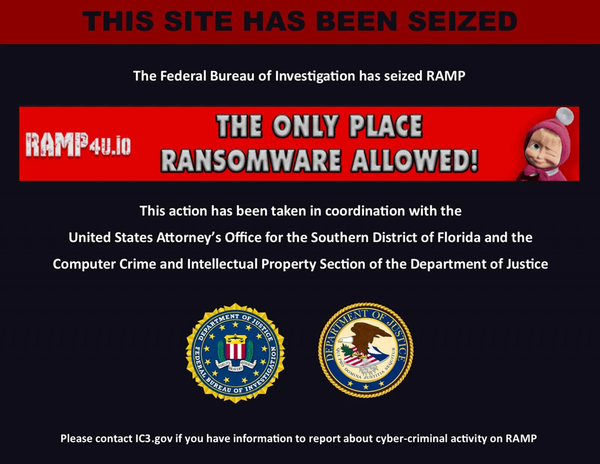Microsoft banned employee use of Deepseek on security, propaganda grounds
Sexual abuse victims' data in NYC and Baltimore Catholic archdioceses likely compromised, DOGE engineer compromised by malware, Japanese hacked brokerage accounts lost $2b in first four months of 2025, Ed giant Pearson hacked, FBI warns of EoL routers, Robot dog exposed to hacking, much more





